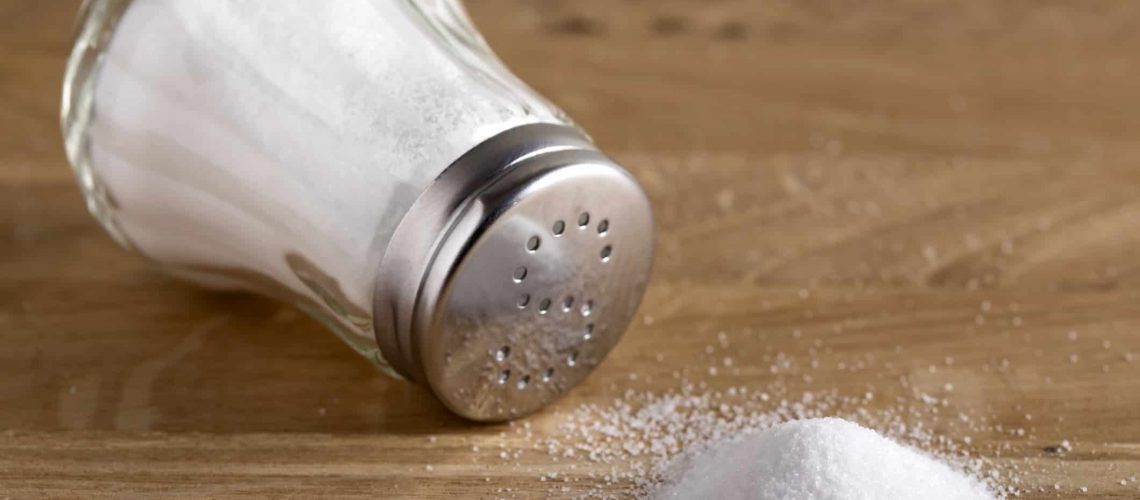Salt is an essential mineral for most living things, regulating the levels of fluid in the body and aiding electrical signalling in the nervous system. A fine balance of the minerals sodium and potassium is needed to pull fluid through the walls of blood vessels from the blood stream and into the kidneys, where it is then filtered and excreted as urine. A diet high in salt (essentially comprised of sodium and chloride) alters this balance so that there is an increased volume of fluid in the blood, which increases the pressure exerted against the walls of the blood vessels.
Raised blood pressure is estimated to be responsible for 50% of strokes and heart attacks, and it is also a significant risk factor for kidney disease, vascular dementia and diabetes.
A reduction in daily salt intake from 10 g to 6 g would result in 19,000 fewer deaths from stroke and coronary heart disease in the UK per year, and 2.6 million deaths per year worldwide.
National Salt Awareness Week is 14 to 22 March this year. It really does pay in the long term to be salt aware and there are many organisations which offer information and advice on lowering salt intake and the beneficial effects that this has on the body including Action on Salt, the British Heart Foundation and the World Health Organisation.
